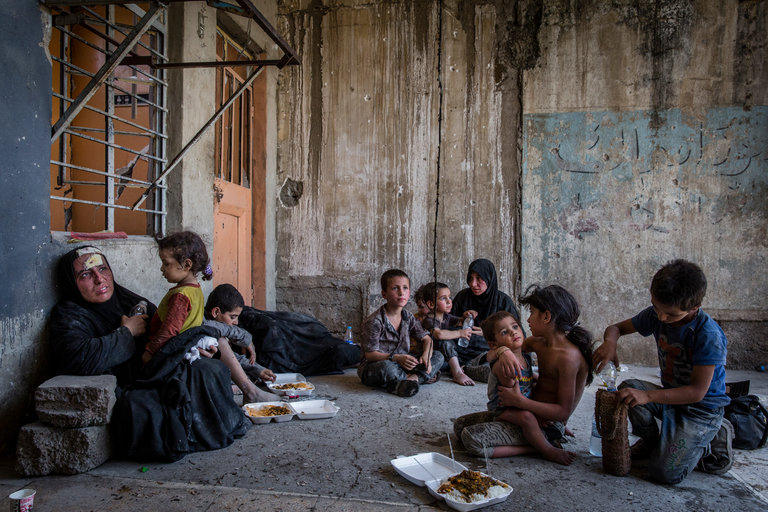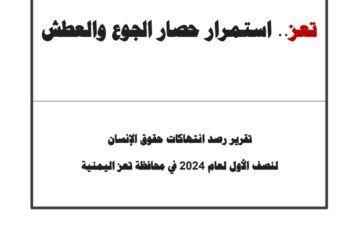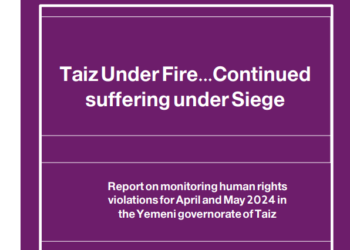GENEVA — The United Nations said on Tuesday that it was bracing to cope with hundreds of thousands of civilians likely to flee their homes as Iraqi security forces begin operations to drive Islamic State forces from their last remaining strongholds in Iraq.
Iraqi forces recaptured Mosul in July after nine months of fighting that caused the evacuation of more than 950,000 residents and left large swaths of the western half of the city in ruins. Lise Grande, the United Nations coordinator in Iraq, said the Iraqis were poised to begin operations to recapture the towns of Tal Afar and Hawija, as well as the Euphrates valley in western Anbar province.
“We think that by the end of those operations, several hundred thousand more civilians are likely to be displaced,” Ms. Grande told reporters in Geneva, adding a new layer of deprivation to one of the world’s biggest humanitarian crises.
Hundreds of thousands of Mosul residents have already returned to the city, she said, but more than 3.3 million Iraqis remain displaced from their homes by conflict across the nation. Aid agencies expect that figure to increase to about 3.5 million as military operations unfold in the coming months, she said.
A new wave of displacement would add to the complex protection and security challenges confronting Iraqi authorities and aid agencies as the battle against the Islamic State moves forward.
A month after Prime Minister Haider al-Abadi declared victory in the battle for Mosul, the federal police on Tuesday closed off the old city in the eastern half of Mosul and declared a curfew because of the threat of Islamic State cells reportedly operating in underground tunnels. Aid organizations working in Iraq reported that fighters from the Islamic State, which is also known as ISIS and ISIL, have stepped up attacks against villages south of Mosul.
Since the recapture of Mosul, Ms. Grande said, “it’s very clear that the threat to civilian populations where ISIL still has a stronghold has increased dramatically.”








